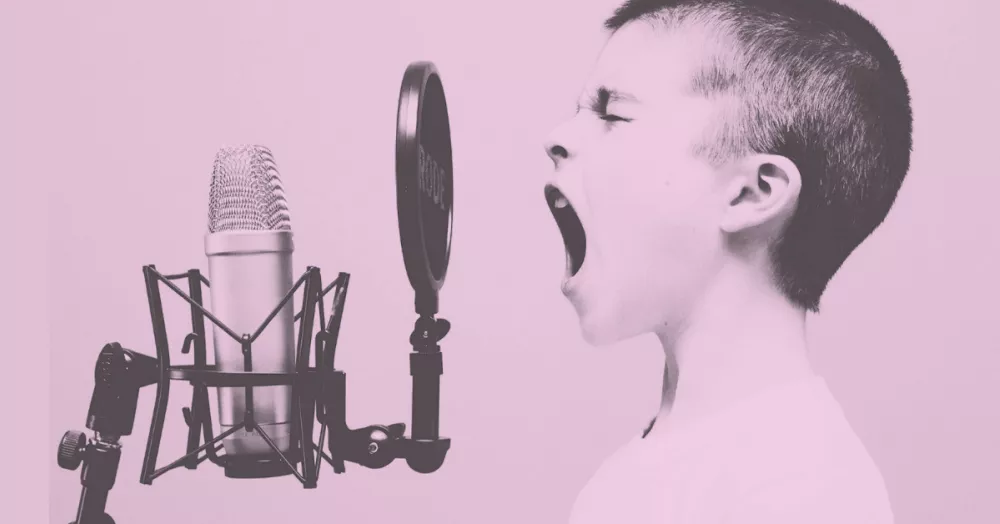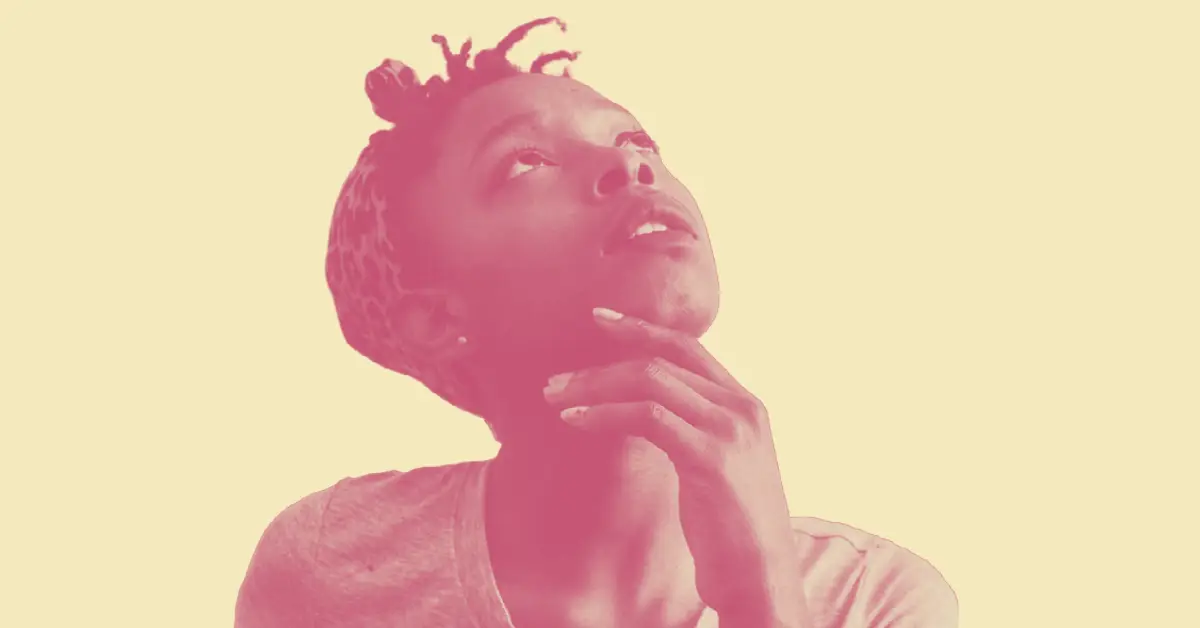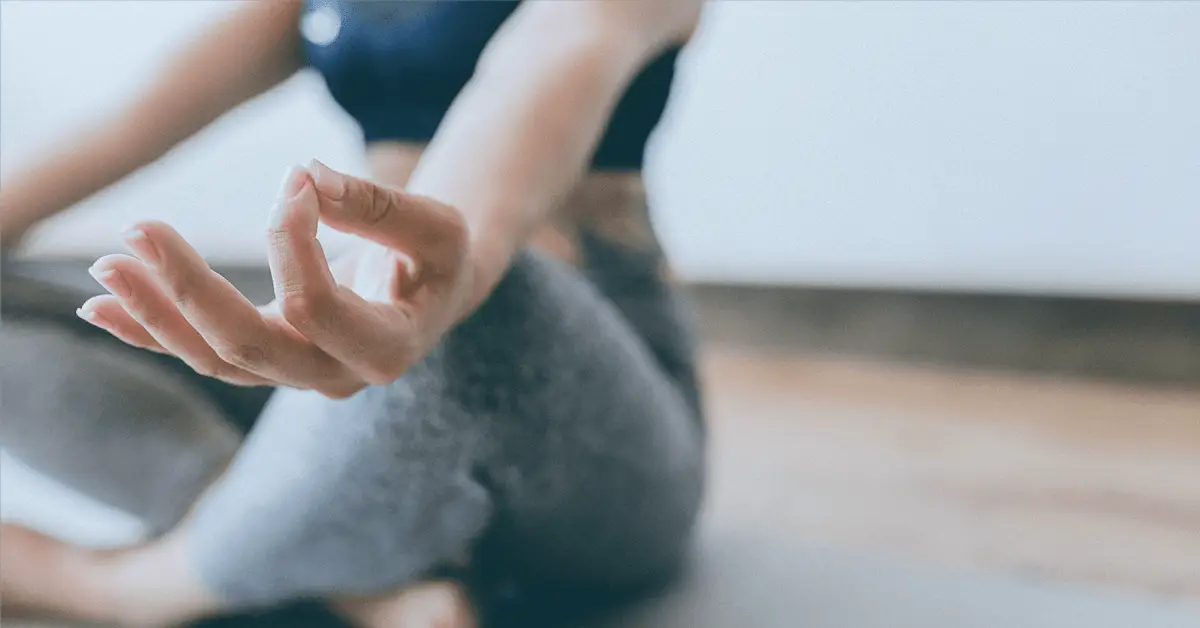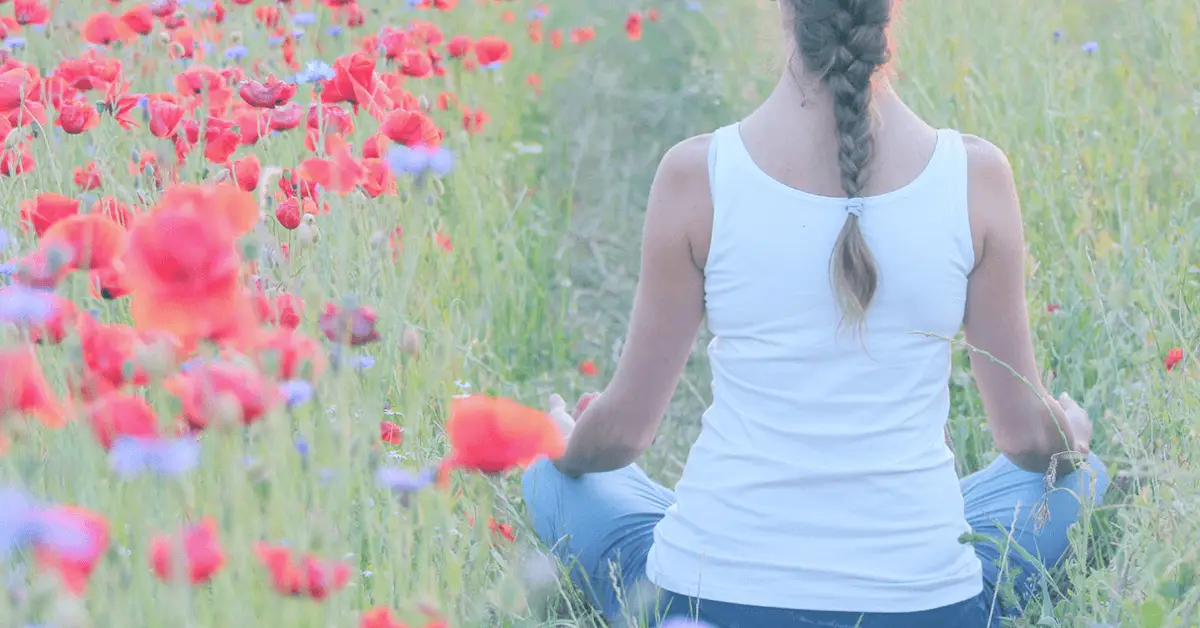- Write a journal.
- Acknowledge the issue.
- Understand your triggers.
- Go back to the childhood memory.
- Accept your feelings.
- Be kind to yourself.
- Love your inner child.
- Practice Positive Affirmations.
- Stop the negative chatter.
- Reduce stress levels.
- Take care of your health.
- Seek help.
- Share your feelings.
- Release the charge.
- Learn from it.
- Tune into self-love.
- Try to see the good.
18 Tips for Healing Childhood Trauma
Our experiences in the past shape our adulthood. If you're struggling to overcome childhood trauma, here are 18 tips to help you.

If you’ve read self-help books, been to seminars or virtual classes on healing yourself, you have probably been asked to face your childhood traumas. These traumas for some, are serious. Like emotional and physical abuse, assault, or other such experiences. If you have experienced these extreme cases of trauma as a child, this article is probably not going to help. You should seek expert care and counsel. Our childhood traumas have a big impact on us and should not be taken lightly. They may cause problems like identity crisis and make you doubt yourself if not dealt with.
Loss of identity and self can manifest in many ways throughout our lifetime. Here is why it happens and what you can do about it.
lifeism.co
But for some of us, these traumas are not debilitating. We are not saying that they don’t affect us in the same way or hamper us from growth, they do. But we may be able to work on letting go of our childhood traumas with a help of a few exercises.
Our childhood experiences shape who we are as adults. Our upbringing plays a huge role in determining the kind of people we become as we grow up. Traumas that happened to us as children can sometimes hamper us from living the life we truly want to live. It also holds us back from certain life experiences and prevents us from living our best life.
Sometimes these experiences are so subtle and subliminal that you may not even be aware of them or the causes of your behavior. For instance, if you’ve had to be the adult in the family for any reason, you may still have attachments to certain cartoon characters that some may find odd in your adult life. If certain food items were unaffordable or scarce during your childhood for any reason, you may find yourself overeating that particular item in your adult years. If certain incidents in your childhood are holding you back, you can take steps to heal those wounds and let go of the past.
Here are some things you can do to get started on your journey of healing
Write a journal.
Healing is difficult in the beginning and messy in the middle. While it may be cathartic in the end, the journey is not easy for many of us. If you are embarking on something difficult like healing your past, keeping a journal will help. Writing down our thoughts and feelings can be therapeutic. Remember to write your feelings down when you are feeling overwhelmed.
Acknowledge the issue.
The first step of any therapy is acknowledging that there is an issue. That certain experiences in your past are not letting you live the life you want in the present. Many times, these issues are subtle. For instance, if you saw that your mother was a homemaker with no help from the family, this subconscious experience may be a reason why you are angry when things around the house don’t get done. Looking deep within and accepting that there is an issue is the first step toward healing childhood trauma.
Understand your triggers.
Once you accept that there is an issue, it's time to understand them. What events trigger these issues? Is it eating a meal alone? Sad songs? Talking to a certain family member? We all have triggers that literally catapult us into the past that brings on an episode that helps us deal with our childhood trauma. Identifying the trigger is important to the healing process. It is the pathway to healing. Many times, just this awareness and understanding of triggers is helpful enough for some to let go of the past.
Go back to the childhood memory.
Once you know what triggers you, dive a little deeper. Think about the specific childhood memories that led you to where you are today as an adult. What are those memories that are still fresh, and come to your mind when you think about the trigger? Many times, we may have downplayed these memories from our past because we can’t deal with them. If this is the case, then it may take some time and effort to get to the specific incidents that led to the trauma. Take your time during this step to understand where the unwanted issues are stemming from. Take help from your family who you think will be supportive and can help you explore this issue or recall events from the past. If you are seeking help from others, remember, they were children too, back then. Their memory may come with bias as well. Also, the idea is not to recall the fact or the truth. The idea is to recall your feelings and emotions. Your experience may be different than reality. And that is okay.
Accept your feelings.
As children, certain events and emotions are too hard for us to accept. Sometimes, we don’t even know what to call certain emotions. Often, we are also in denial. We don’t want to accept that we are experiencing guilt because that also means that we must accept that we did something wrong and take responsibility for it. Identifying your feelings and accepting them is an extremely important step in recovering from your negative childhood experiences.
Be kind to yourself.
Once we understand our triggers, it is very easy to slip into the judgment of them. We often criticize ourselves for being stupid or falling for something this silly even when we are adults. We must remember that when our soul experienced this trauma we were a child and as a result, this imprinted on us. There was very little control we had over ourselves as a child and so however silly this trigger and childhood memory seems, we shouldn't belittle ourselves.
Treat yourself with respect and kindness. If this event has come up, don’t dismiss this as not important. There is something you need to heal here.
Love your inner child.
Think back to the time of the incident you are trying to heal. What age were you? Imagine that version of you in the present with your adult self. Talk to your inner child and comfort her/him. Hug that child and wipe the tears. If that child is frightened, then pacify him or her. Give that child the comfort that he or she deserves. Be the supportive adult that the child did not have back then. If this is hard for you to imagine without prompts, do a healing meditation for childhood traumas. It's not a one-time thing, though. You must do this meditation for at least 21 days (or till you feel the release). This memory has been with you for years. Don’t be surprised if it takes time for you to truly let it go.
Practice Positive Affirmations.
Our negative childhood experiences sometimes block our neural pathways which in turn leaves us incapable of living our lives on our terms. To revert the effects of years of living with this life event (consciously or subconsciously) we need to actively feed our hearts, mind, and souls with positive affirmations. We need to let our inner selves know that we are safe and now that we are not children anymore, we are in control. We need to practice positive affirmations to undo the effects of the negative childhood experience.
Take the time to select the affirmations that you are going to practice. There are many sources for positive affirmations, make a list of the ones that resonate with you and practice them every day. Better yet, record them in your voice and listen to them before going to bed and right after waking up.
Stop the negative chatter.
As you embark on the journey of healing, many emotions will come up. You will likely start recalling things from your past that you’d forgotten for years. Complex emotions will surface. And more than anything else, a lot of negative mental chatter is likely to start, if it isn't part of your daily life already.
What we think we become. So what are you thinking about each day? Here is how to take stalk of your thoughts to change the course of your life.
lifeism.coLearn to calm your mind and stop the spiral of negativity. Know that you are trying to change a part of your brain that has existed for years. It is going to be difficult, and it is going to resist the change in very real and logical ways. This is completely normal. So, during the healing process, be especially mindful of the negative mental chatter.
Reduce stress levels.
When you are going through the healing process, you must be taking steps to reduce your stress levels. Do some relaxation exercises and meditations that help you to calm down. Many meditation apps are available for free. If apps are not your thing, try YouTube. Several audio tracks can help you reduce stress and anxiety as you try and heal your past.
We all know that meditation is good for us. But if sitting for hours in one position is not for you, then this article offers simple daily meditation methods.
lifeism.coTake care of your health.
Our minds and bodies are intimately connected. When we are going through a difficult time, it is important to take care of our mental as well as physical health. When we exercise and work out, we release happy hormones that make us feel good – literally. When emotionally we are experiencing challenges, we can physically feel good by working out and taking care of ourselves.
Feeling stagnated and stuck? Need to relieve stress? Try these yoga poses to get you through the slump.
lifeism.coPhysical health also means eating right. While we are not saying what you should or shouldn't eat, we do recommend eating mindfully. As we heal, it is important to make sure that we don’t just replace one bad habit with another. We want to truly heal and let go of our past.
Seek help.
If all of this is too much to handle and you find yourself struggling, remember that you don’t have to do this alone. In your definition, the trauma may not be big or significant but for that little child, it may so be. Don’t shy away from seeking professional help. You can even seek support groups to talk about your experiences and memories. If seeking in-person professional help is not possible for you, you should try Online-Therapy.com. They provide a complete support system of professional help – all digital from the comfort of your home.
Share your feelings.
You don’t have to go through this journey alone. Share your memories and experiences with your loved ones. Talk to them and express yourself. Not just how you feel today but also how you felt as a child. Sharing your feelings is an important part of healing and letting go.
Release the charge.
If you have recently identified your childhood trauma, it can be a hot-button issue for you and sometimes even your family. If this is the case, then you need to release that charge. Stop reliving that experience repeatedly in your head. That experience is not happening to you right now. It is over. It has no power over you anymore. You must leave all of that in the past and return to the present. Let go of those emotions. You have taken the time to experience them repeatedly. You don’t want that one experience to define you. You want to move on and let it go.
Learn from it.
We often find it difficult to let go of a traumatic experience when we don’t know why something happened. We are often seeking meaning in it and are unable to understand the why of the experience. The reality is that it probably has no meaning. But you can give that experience the meaning you want. Think about the experience logically – as if you are observing it from an outsider. Now as the experience unfolds, write down everything you learned from it. Make a list and stick it where you can see it every day. Remember that you experienced something for a reason. You learned from it and now it's time to let that go.
Tune into self-love.
As you go through this journey of healing, remember to love yourself. Be kind and gentle. Be the friend you never had and listen to yourself. If complex feelings are coming up, don’t suppress them. Experience them fully and accept them. Don't shame yourself for feeling the way you are.
Embrace yourself and tell yourself that it's okay. That you are safe, and everything is going to be okay. Love yourself for who you are. Maybe it's time you began your journey towards self-love.
A complete guide to mirror work by Louise Hay and how it can lead us down the path of experiencing true self-love.
lifeism.co
Try to see the good.
If you are unable to let go of the experience and it keeps coming back to you, then try to see the good. While there may not be any immediate good that happened, there may be some long-term benefits. For instance, maybe it helped you become a better mother, it made you more responsible, maybe the experience taught you to be empathetic or you were able to find your life’s mission by helping others deal with their childhood experiences.
What is the meaning of life? We’ve all asked this question at some point in our lives. In this post, we explore a possible answer to this deep question.
lifeism.coIf you can look back and find one good thing that happened as a result, however small, then hold on to it. Firmly. Because next time, when that event comes back to you in your darkest moment, remember that something good did come out of it. There was something positive about it. Break the vicious circle and use that moment to come out of the dark and back to the present.
We hope you found these pointers to deal with childhood trauma helpful. Please let us know in the comments what you think. What were some of those things that helped you heal? We’d love to hear from you.














Comments
very useful article